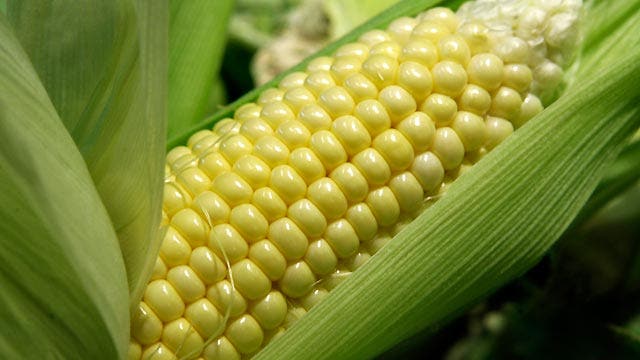Biofuels produced from waste products left from harvested corn plants are worse than gasoline in terms of carbon emissions, according to a $500,000 study paid for by the federal government and published in the journal Nature Climate Change.
The study said biofuels made with corn residue release seven percent more greenhouse gases than traditional gasoline.
Rayola Dougher from the American Petroleum Institute called that an eye opener for the green energy crowd. "You know, what are we doing? If that's so, then we're going down the wrong path here,” Dougher told Fox News in an interview. “We have to give ourselves at least press the pause button and look at what we're trying to accomplish and look at the science, and look at it very carefully."
The study contradicts the Obama administration's narrative that biofuels are a much cleaner alternative, while also receiving more than a billion dollars in federal support.
Phil Flynn, an oil trader and senior market analyst with The Price Futures Group, said the promises made were too good to be true. "Celluosic biofuels was going to be our future. It wouldn't impact our food. We could use the leftovers, and it would help greenhouse gas emissions and it would be the answer to all our problems. But what we're finding out is that's not the case," said Flynn.
The Obama administration and those in alternative energy ripped the research, claiming it was flawed.
"This paper is based on a hypothetical assumption that 100 percent of corn stover in a field is harvested; an extremely unlikely scenario that is inconsistent with recommended agricultural practices,” an EPA spokesperson told Fox.
Jon Doggett from the National Corn Growers Association said he can point to other relevant research with opposing findings. "Well, we have one study that says one thing and we have about four or five other studies: we have the Environmental Protection Agency, the Department of Agriculture, we have the Argonne labs, we have the University of Illinois all saying something else."
But those in more traditional energy say this should be a wakeup call to policymakers to figure out if alternatives are really working. "And make policy based on science, real true facts," Dougher said.





